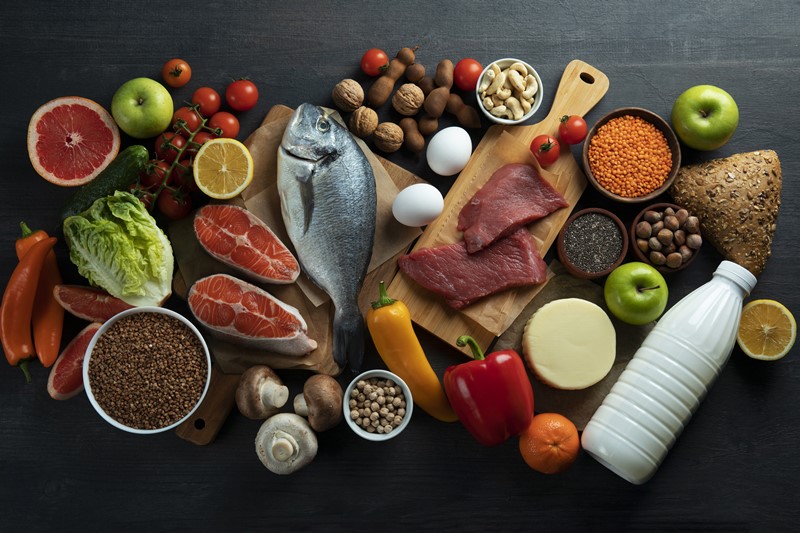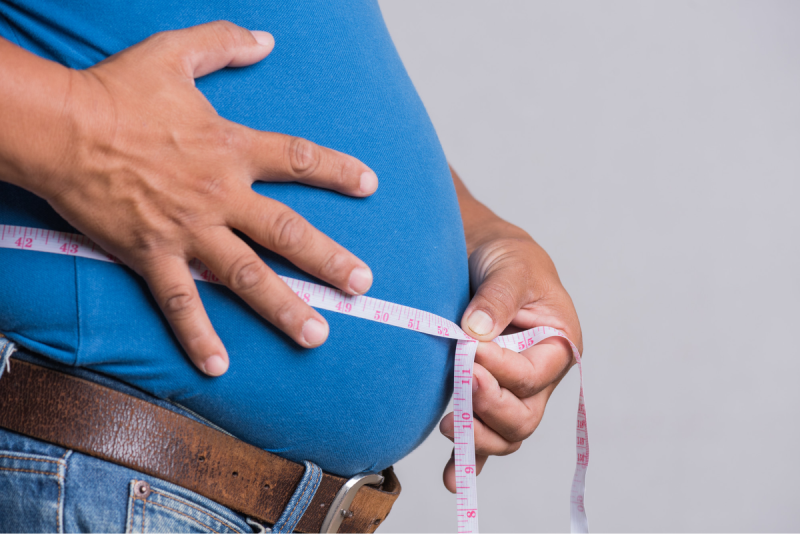Anemia is a common disorder during cancer treatment, which can either be a side effect of the treatment itself or directly related to the disease. It is characterized by a lower than normal hemoglobin level, which means less than 13 g/dl in men and 12 g/dl in women. Hemoglobin, a key component of red blood cells, plays the essential role of transporting oxygen throughout the body. When it is insufficient, symptoms such as fatigue, dizziness, headaches, or a decrease in cognitive performance can occur.
One common form of this anemia is iron-deficiency anemia, which results from a deficiency in iron or vitamins B12 and B9. This deficiency can result from inadequate dietary intake or poor absorption by the body.
How to adjust your diet to combat anemia?
It is essential to prioritize foods rich in iron to combat this form of anemia. Here are some key foods to include in your diet:
• Seaweed
• Red meat
• Liver, especially pork liver
• Clams
• Fish such as anchovies and sardines
• Dark leafy green vegetables like kale and spinach
• Dark chocolate
To maximize iron absorption, it is recommended to pair these foods with sources rich in vitamin C, such as broccoli, oranges, or kiwi. Additionally, it is advisable to limit your consumption of tea, as it can hinder the absorption of iron by the body.
Tools like DietSensor can help patients plan their meals by providing recipes and suggestions optimized for a balanced intake of iron and vitamin C.
In conclusion
Facing anemia, especially that related to cancer, it is crucial to adjust your diet. Increased consumption of foods rich in iron, combined with sources of vitamin C, can help improve hemoglobin levels. It is always recommended to consult a healthcare professional before making significant changes to your diet.
References:




